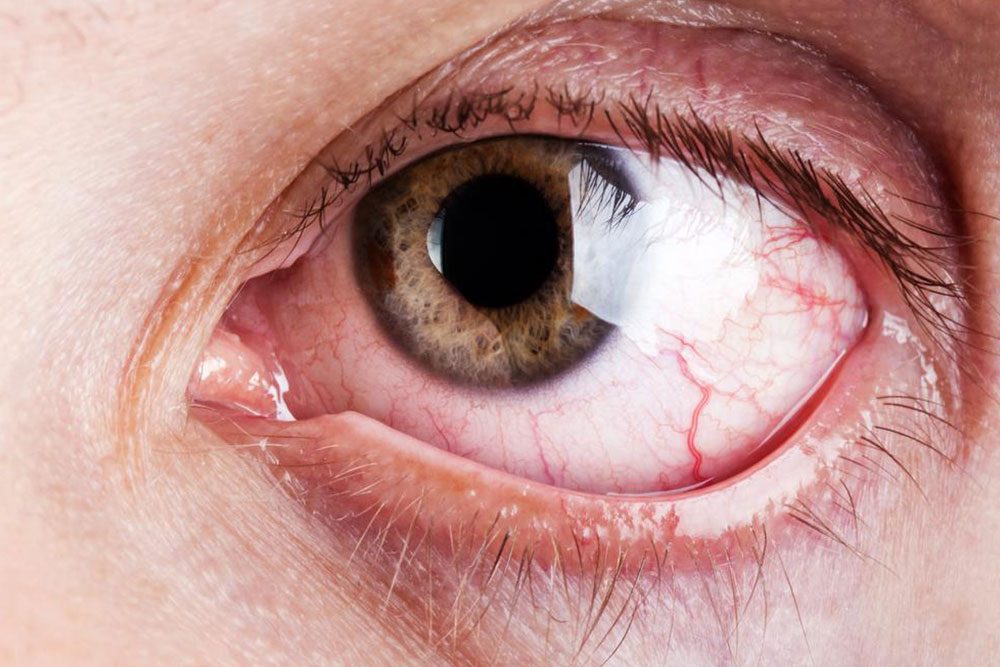Understanding Hashimoto's Thyroiditis: Causes and Early Signs
This article explores the causes and early symptoms of Hashimoto's thyroiditis, an autoimmune disorder affecting the thyroid gland. It highlights risk factors such as genetics, hormonal changes, iodine intake, and radiation exposure. Recognizing symptoms like a goiter, fatigue, and hair loss can aid in early detection. The piece emphasizes understanding this condition for better management and encourages consulting healthcare professionals for diagnosis and treatment.

Understanding Hashimoto's Thyroiditis: Causes and Early Signs
Hashimoto's thyroiditis, also called Hashimoto's disease, is an autoimmune disorder where the immune system mistakenly attacks the thyroid gland. This immune response often results in hypothyroidism, leading to insufficient hormone production. The thyroid, located at the front of the neck, plays a crucial role in regulating metabolism through hormone secretion.
Risk Factors
Genetics: The disease frequently runs in families, especially if there is a history of autoimmune or thyroid conditions.
Hormonal Changes: Women are more prone, especially during pregnancy or postpartum, with 20% experiencing recurrent issues within a couple of years after birth.
Excess Iodine: Too much iodine, whether from diet or medication, can trigger Hashimoto's in predisposed individuals.
Radiation Exposure: Exposure to radiation, like nuclear accidents, has been linked to increased thyroid risk.
Symptoms
Early symptoms may be subtle and develop gradually. The most noticeable sign is a goiter, swelling at the front of the neck that may interfere with swallowing. Additional signs include:
Persistent fatigue
Facial puffiness
Muscle soreness
Constipation
Feeling unusually cold
Difficulty conceiving
Hair thinning or brittleness
Irregular or heavy menstruation
Slowed heart rate








